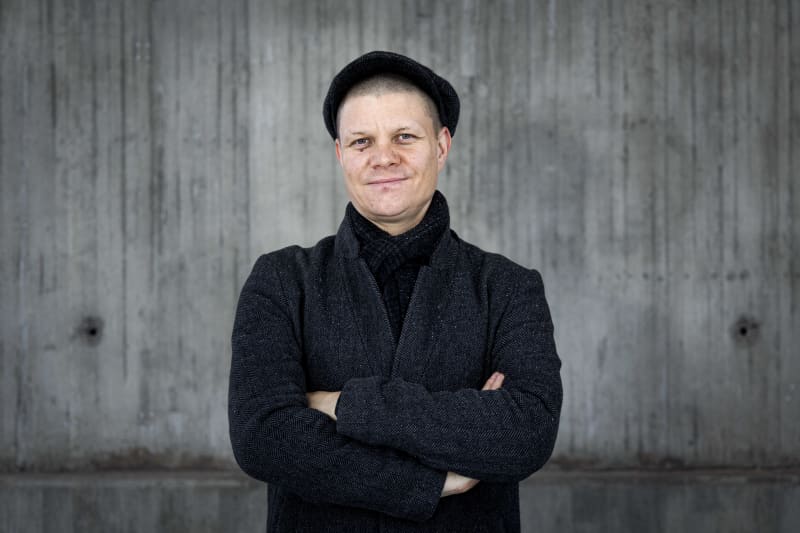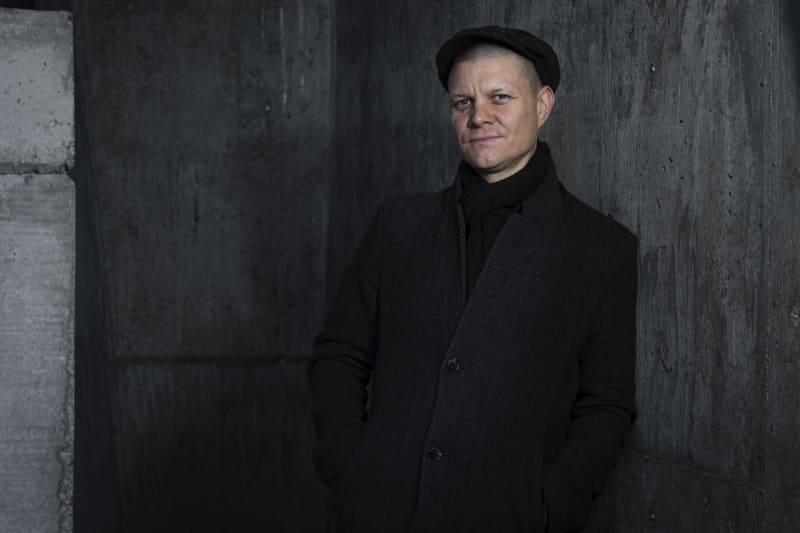
Sutinen is worried that \”difficult\” books will be overshadowed by easy hits. He believes that the biggest publishing houses could afford to publish more challenging literature.
Not conspiracy theories or symptom descriptions, but books that were considered laborious and that there hadn’t been enough time for in the past.
The pandemic closed Finland and offered time and space for reading. Sutinen noticed that he was hoarding books instead of cans of pea soup.
– I thought that I could manage for five years with these books around, Sutinen says by phone from his home in Jyväskylä.
The work-related books, which Sutinen began to call exceptional literature, gave birth to the collection of essays *Vaiva arvõtima*, published by Avai. It was awarded today, Wednesday, at Tieto-Finlandia.
1.5 books per year
Sutinen, 42, only recently realized that he was celebrating his 20th anniversary as an artist. His first poetry collection *Purut ja paperit* was published in 2002.
Sutinen became interested in literature and reading in high school, studied it at Tampere University and became a writer in his twenties. The goal was to avoid \”real jobs\”.
And so it happened. Since his student days, Sutinen has supported himself by writing.
– Later it turned out to be a very good decision. It forced me to do a lot of different things in the field of literature.
Sutinen has written book reviews, essays, poems, short stories, novels and non-fiction. There are nearly 30 published books, which means that there have been almost one and a half copies per year.
– Quite a lot of writers do something completely different from everyday work, and write books in the time they can squeeze for themselves. I also work two jobs, but both happen to be writing books.
The pace is possible because of the grants, but also because Sutinen’s book projects often revolve around the same topics and often support each other.
It also helps that Sutinen sincerely likes making books.
– I am always interested in new things. When I get excited, I go so far that it’s not worth not doing until the end. Childlike sincere enthusiasm helps a lot.
You can read on autopilot
Sutinen uses the term he invented \”exceptional literature\”. Because he refers to works that do not belong to the canon, are unusual in form and deal with exceptional situations and phenomena. Moreover, they are all books that he grabbed during the exceptional time.
In his texts, Sutinen analyzes novels and their narrative methods in a way that makes them seem surprisingly attractive and approachable.
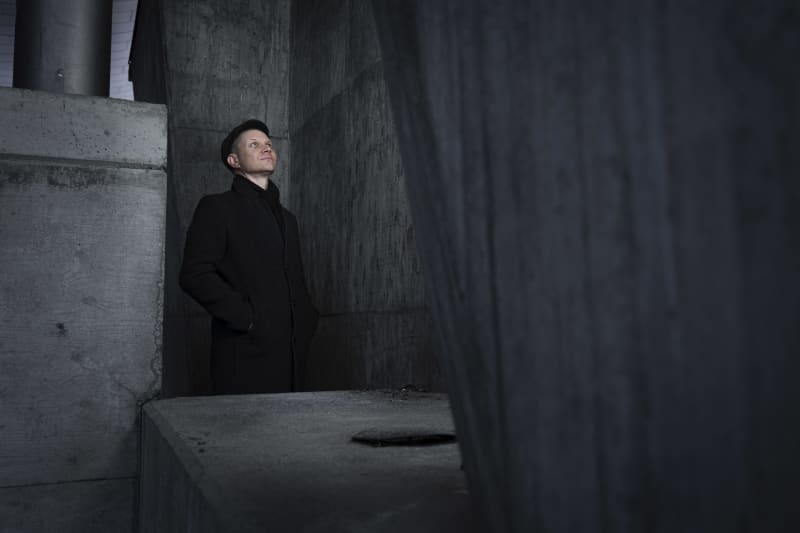
Apart from that, Sutinen gives the bricks a soothing reading guide: it’s okay, even if the concentration sometimes falters.
– I don’t think much will necessarily pass, even if you read ten pages on autopilot. Something stays somewhere. It’s just a different reading.
Selective canon
West and Young are examples of authors who, by all logic, should be classic names. Sutinen says that while doing background work, he learned a lot about how narrow the literary canon is, and how it has rejected, for example, literature produced by women.
– Why don’t we remember it anymore? Why is it not in the pages of literary history in the same important position as Proust?
\”It took years and actually decades until I could admit to myself that I simply didn’t like Proust’s prose when I read it and now also when I understand what I read,\” Sutinen writes in the book.
He dreamed of writing the book *It’s worth the effort* for a long time – and now he’s glad that he didn’t have the opportunity to do it before.
– That would probably have been reasonably good, but by no means so good that it would have been worth awarding Finlandia.
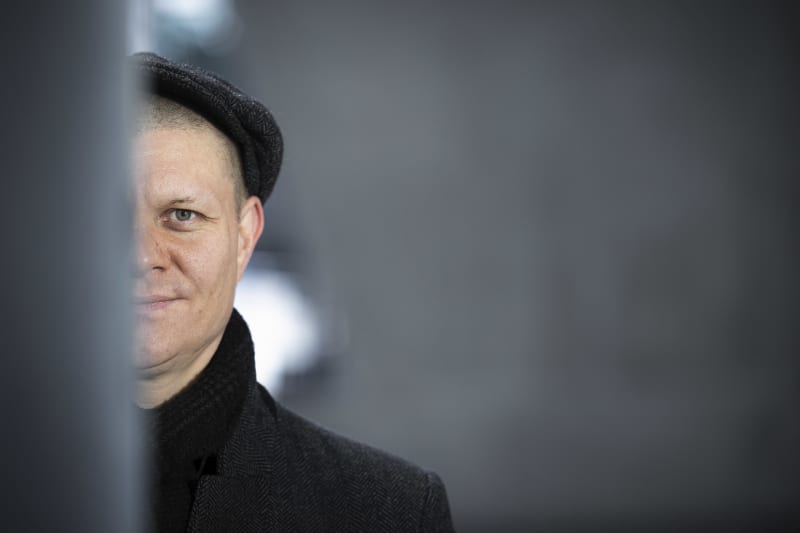
The year of corona literature
In his book, Sutinen is concerned that long novels seem to be published even less.
– Among the Finlandia nominees for fiction, there are two or three books clearly from the pandemic era.
Sutinen is still worried about the fact that a lot of \”nonsensical literature\” is published these days. He is aware of the tendency in which literature that sells is seen as real literature, everything else is dismissed as over-attempting or artificial art.
– It is often justified that more non-commercial literature is published with the money received from \\commercial\\ books. Maybe it’s partly like that. It seems that the profits of giant publishing houses in particular are so large that they could afford to publish more challenging literature.
Sutinen praises Finlandia’s selection of candidates.
– No name is dominated by big publishing houses or names. The judges’ speeches were also very literature-friendly.
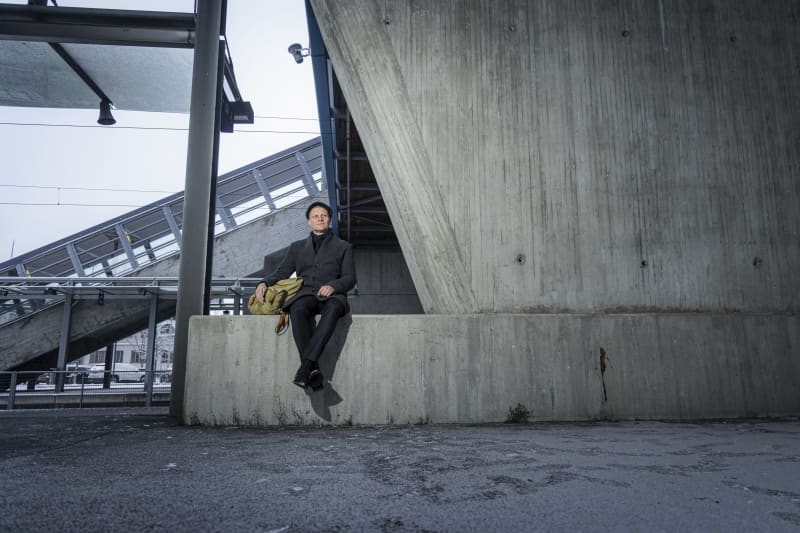
Nominated for the second time
When Sutinen was younger, he viewed award galas as commercial hype. Now he sees their benefits. His book received very little attention before the Finlandia nomination.
He points out what an honor it is to be nominated in the first place.
– Candidates are being selected by a professional group. Their job is to choose such good books that the dictator cannot choose wrongly.
– I had to rethink the rest of the week a bit. It takes a good amount of work time to have to go and drink kumpa in Helsinki.

